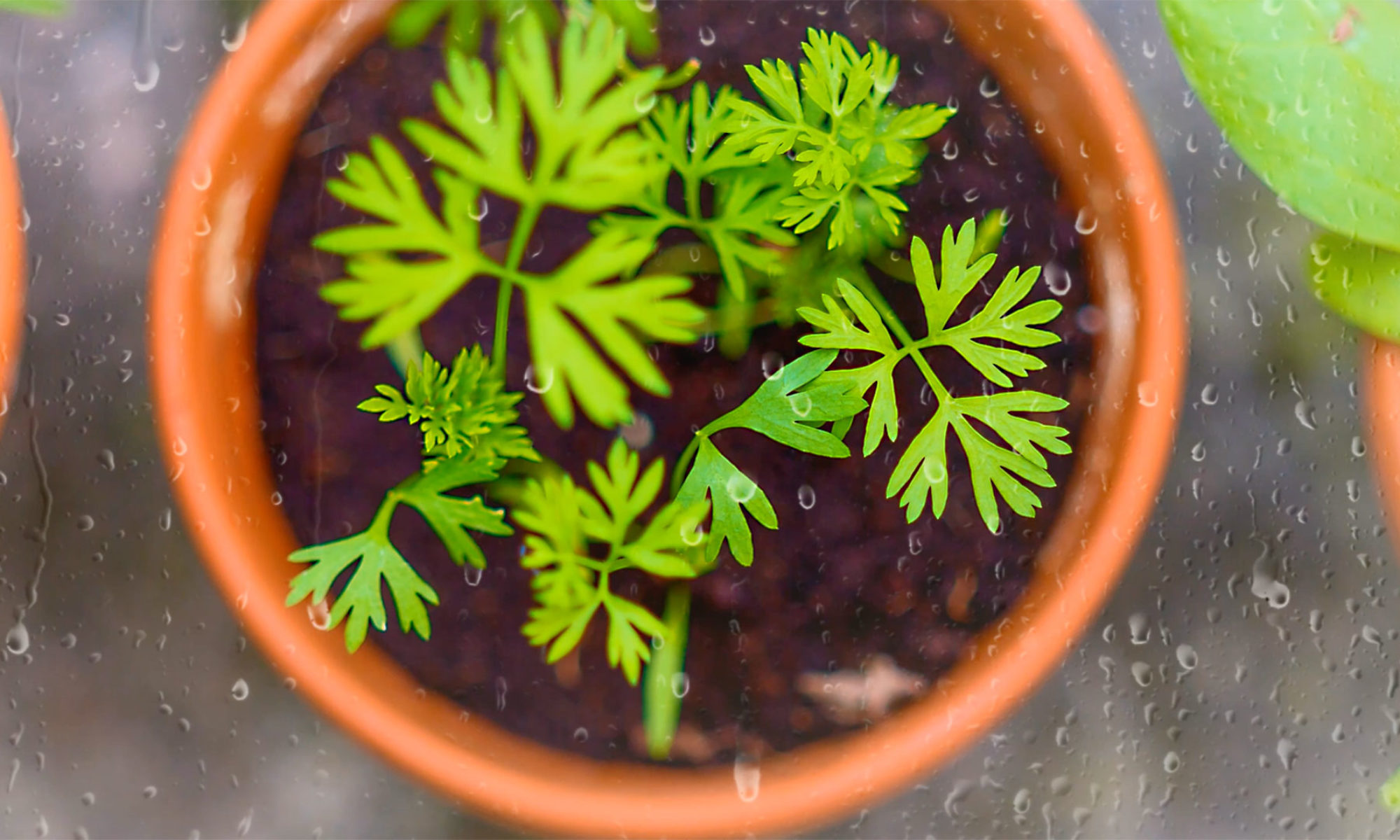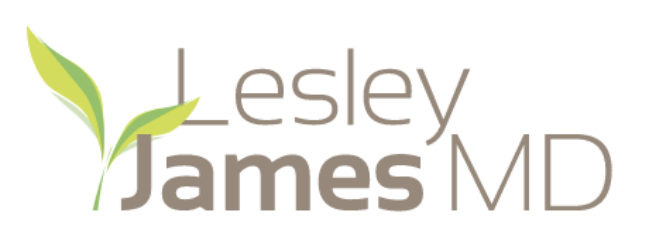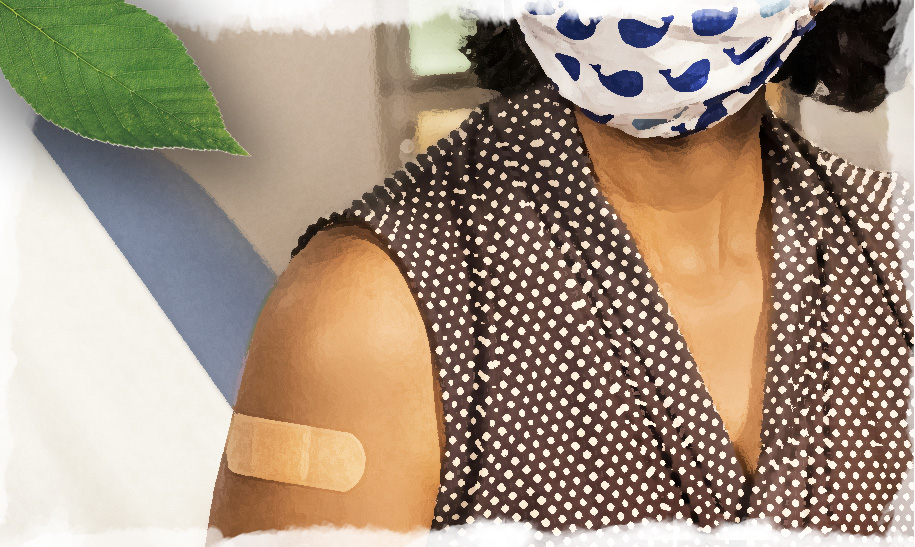While it may not make front page headline news anymore, viral infections haven’t gone away. Here are some common sense strategies to reduce your risk of getting sick this winter.
What are Seasonal Respiratory Infections
Typically viral, although sometimes bacterial, upper respiratory infections are better known as Colds, Flu, and Pneumonia.
- I’m including COVID in here as it looks like it is becoming seasonal like cold and flu viruses. Did you know there are over 200 viruses which can cause the common cold?
- While it is unclear why some viruses show a seasonal pattern with a predilection for winter, new research has uncovered that there is a decreased protective mechanism in the nose with colder temperatures.
You will see I don’t use the word “prevention” and instead discuss risk reduction as in most of medicine there is rarely a 100% guarantee. This is particularly true when it comes to prevention. The goals are to reduce the risk of becoming infected or “catching” a virus, limit/shorten duration, and prevent serious complications.
Number one most effective strategy is Vaccination (and probably the most controversial)
It’s not too late to get vaccinations! I fully support flu, COVID, pneumonia, and RSV vaccinations. While not a virus, Pertussis, a bacterial infection that causes whooping cough, can also be prevented with a vaccination. This is important for adults as immunity from vaccinations as a child can wear off, so make sure your pertussis immunization is up to date. While there are risks and side effects when it comes to vaccinations, the benefits clearly outweigh the risks.
Avoidance
The chances of getting a virus have to do with how often we encounter the pathogens (viruses and bacteria) and how much there is (the viral load). Avoid higher risk situations when possible. Consider using Surveillance Data to help inform your decisions, currently done mostly by looking at viral activity in wastewater per county. You can find more information at this link.
Masks
- Good masking, particularly N95 masks, will prevent the passage of droplets.
Hand washing
- Hand washing is still a good habit to maintain.
Lifestyle Interventions
- Most lifestyle interventions are based upon what we know about the immune system in general.
Sleep
- Adequate sleep is important, and shorter duration of sleep increases the risk of infectious illness. Aim for approximately 8 hours of sleep a night.
Stress Reduction
- Psychological distress disrupts the regulation of the immune response and increases the production of pro-inflammatory cytokines.
Healthy Diet
- Consume lots of fruits and vegetables with natural antioxidants. My favorite additions to support immune health include green tea and mushrooms.
Supplements
- The question I get asked the most is, “What supplement can I take?” The answer is tricky as viruses have different strategies and there is no all-encompassing vitamin/herb or formula. Additionally, in some instances, an “immune boost” might be harmful. Data with supplements is also limited and inconclusive, with studies typically being small and preliminary. We have seen the research shift away from supplements with the introduction of effective vaccinations. I advocate for eating a healthy diet to prevent nutritional deficiencies.
Probably safe to take:
Botanicals/Herbals
- The use of botanicals and herbals is also tricky, and while there may be some small studies and promising data, it is still inconclusive. I prefer diet additions to supplements.
Should you come down with the virus, here is a good article on integrative strategies for convalescence for mild to moderate COVID: Integrative Strategies for COVID-19.
References
- Massachusetts Eye and Ear. (2022). Scientists Uncover Biological Explanation Behind Why Upper Respiratory Infections Are More Common in Colder Temperatures. Retrieved from https://www.masseyeandear.org/news/press-releases/2022/12/scientists-uncover-biological-explanation-behind-why-upper-respiratory-infections-are-more-common-in-colder-temperatures
- Johns Hopkins Medicine. (n.d.). Winter Illness Guide. Retrieved from https://www.hopkinsmedicine.org/health/conditions-and-diseases/winter-illness-guide
- Reiter, R. J. (2021). Therapeutic Benefits of Melatonin against COVID-19. Neuroimmunomodulation, 30(1), 196-200. doi: 10.1159/000511888
- Lancaster General Health. (2022). Vitamin C, Melatonin, and COVID-19 Research at Lancaster General Health. Retrieved from https://www.lancastergeneralhealth.org/health-hub-home/2022/august/vitamin-c-melatonin-and-covid-19-research-at-lancaster-general-health
- Carr, A. C., & Maggini, S. (2020). Vitamin C and Immune Function. Nutrients, 12(11), 1-23. doi: 10.3390/nu12113362


